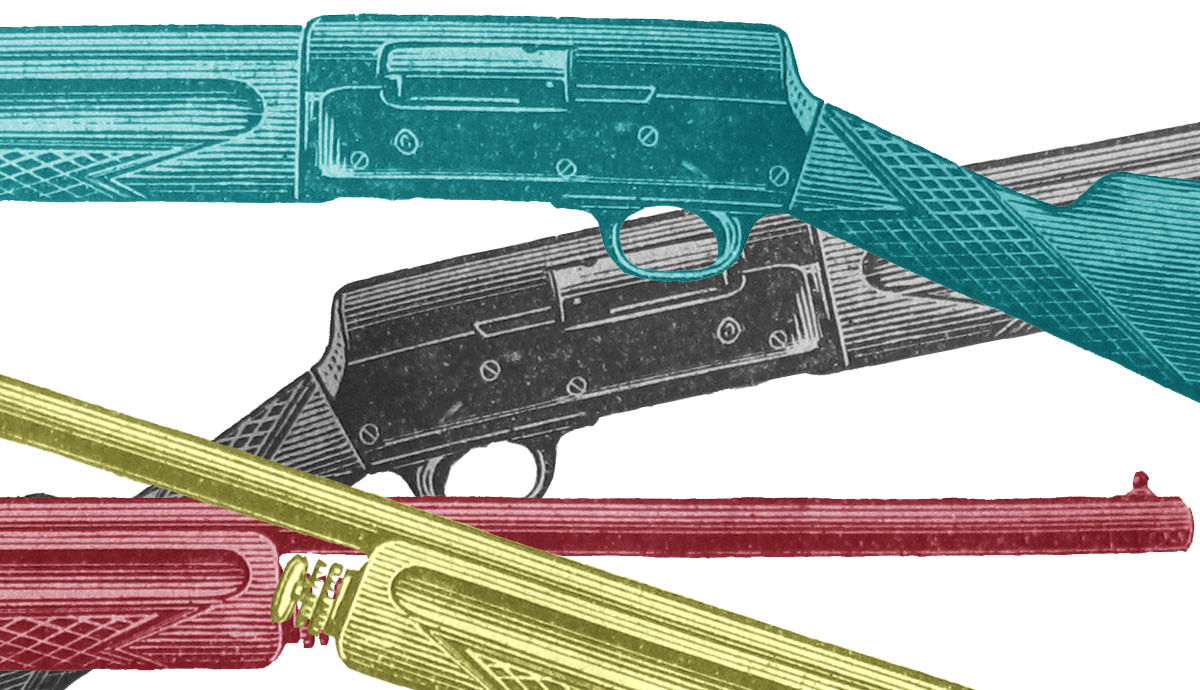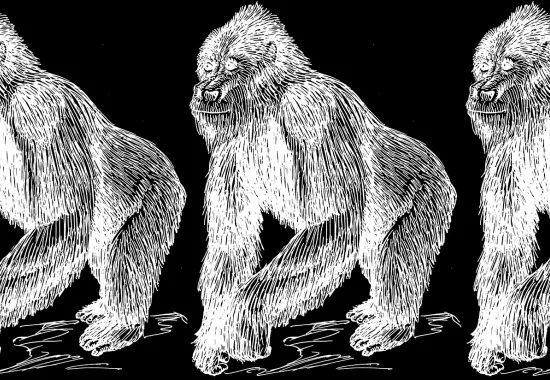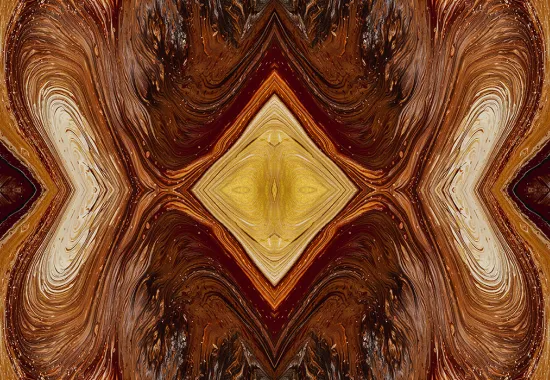Recipe for Reloading
Canisters of smokeless powder. Canvas sacks of lead shot. Yellow wads in clear plastic bags. Boxes of paper shotshells. Brass primers. These were the ingredients of your father’s cookbook.
He spent hours in the single-car garage with his endless supply of Marlboro reds filling the rafters with smoke. He bellied up to the workbench on a barstool, the cracks in the vinyl seat mended with the metallic gray of duct tape. His laboratory spread before him on the workbench: tumbler, scale, funnel, reloading press with its cylinders marked by measurement lines, and small trays to catch spent primers. A silver Sears 8-track stereo receiver, tuned to KFOG in San Francisco, sat at the far end of the formica-topped workbench.
You were always welcome in the garage while your father worked reloading shotshells for hunting trips. He let you hold the funnel while he poured shot or pull the lever to crimp the ends of the shells. Sometimes he poured a bit of powder in a steel tray, set it outside the screen door of the garage, and lowered his cigarette into it, setting off a fuzzy flame like the fireworks that were illegal in California. He always talked to you about the music coming from the radio and sometimes thrilled you by calling a request in to the station—almost always “Treetop Flyer” by Stephen Stills or something by Robin Trower.
Your father searched for the perfect reloading recipes in small, spiral-bound books. He considered the primer burn rates, the grains and blends of powder, the length of the wad. He talked velocity in feet per second, imagining how much time one might be able to gain on a high-flying pintail or a pheasant weaving through a tangle of fallen trees along a creek edge.
Before you ever fired a shotgun on your own, you could reload a shotshell without a mistake. You knew how to set the primer, fill the powder, place the wad, slide the lever to switch cylinders and let the shot funnel into the shell. You carried these shells in the pockets of your oversized camouflage rain gear through the damp, mucky mornings in the Sacramento valley, gladly handing over your finished products for your father to slide into the chamber of the Remington you would one day shoulder in the same rice fields and ditches.
It has been decades since you worked the reloading press but many times since your father’s death you’ve dreamed of reloading one recipe. In the dream, the screen door to the backyard is open and through it the fog comes in across the Bay at the edge of sunset. You push the lime-green 8-track tape of Robin Trower’s 1974 album, Bridge of Sighs, into the stereo—the album your father played constantly in his GMC pickup on the drive north up I-5—and “In This Place” plays loud and deep.
Your father has written out the details of the recipe on a yellowed sheet in a small, spiral-bound notebook—measurements of all the basics, plus his own name between steps for inserting the wad and dropping the shot. You move through the process swiftly, sure of yourself and trusting the recipe. Sitting among the ingredients is the simple urn that houses your father’s ashes and has rested in the same place in your mother’s family room for five years. You don’t hesitate as you funnel what remains of him into the paper shotshell before pulling the lever to crimp the end shut.
You step out the screen door into what has become a burnt rice field at sunrise. The Remington .20 gauge your grandfather bought upon returning from World War II rests in the crook of your arm and you slide in one of the shells filled with ashes. Up ahead, the old black lab of your childhood flushes a rooster pheasant from the safety of blackberry bushes at the edge of a ditch. You can feel the pressure of the trigger pushing back as you squeeze it, sending your father so many feet per second into the future before you.
You always wake without knowing if the pheasant flutters and falls or flies on beating its wings furiously. You always wake knowing you’re not yet brave enough to follow the recipe you’re certain you can find in one of the small, spiral-bound books your father left waiting for you on his workbench.
Recommended
Schizophrenic Sedona
Recense (realized)
Notes on Hands






